A Ph.D. is a graduate degree that enables physicians to study biomedical science. A doctorate program in surgery usually requires three years of supervised research in a laboratory. The doctorate program typically takes five years to complete and requires a thesis and viva voce. In oncology, a Ph.D. is required to pursue an independent academic career.
During this program, you'll be involved in research on cancer treatment. The work you'll do will include patient care, pre-operative testing, and laboratory work. The training will help you become a physician-scientist and enhance your skills. During your PhD program, you'll also be involved in teaching medical students and supervising residents. You'll also be a contributing author to a research journal.
The clinical and research work of a PhD student is conducted in a surgical oncology laboratory, at the NewYork-Presbyterian/Weill Cornell Medical Center. The PhD program is funded by the National Institutes of Health, and a number of collaborating hospitals are involved in the research. As a doctor, you'll gain experience in surgical oncology and clinical research. You'll also have the opportunity to be a first-author on scientific publications. This program is fully funded and includes a comprehensive clinical rotation.
You'll also learn about the latest advances in the treatment of cancer and tumors. You'll be able to work alongside top doctors and learn about the newest technologies. You'll be exposed to cutting-edge techniques in your field. And, you'll have access to clinical trials and state-of-the-art treatment protocols. This program is highly rewarding and can change the world.
Ph.D. in Oncosurgery Eligibility
Candidates who want to take admission in Ph.D. must have a post graduate degree in Oncosurgery and its relevant discipline with at least 55% marks from a recognized university and must have passed the national level entrance examination or university level entrance examination. National level entrance exam like UGC NET / UGC CSIR NET / GATE / SLET or University entrance exam consisting of written test and personal interview.
The Benefits of a Ph.D. in Oncosurgery
PhDs are the ideal candidate for oncology research. They have an interdisciplinary background, which can facilitate cross-disciplinary collaboration. This is crucial to the advancement of research in oncology. MDs in departments with more PhDs are more likely to get NIH funding. They may also benefit from increased access to interdisciplinary collaborations and resources. These benefits are evident in both the clinical and academic environments.
The environment at Mass General Hospital is a biomedical innovation hub, with more than 100 Howard Hughes Medical Institute investigators and nearly a hundred National Institutes of Health grant-recipients. While most residents focus their time in the laboratory, there are many other opportunities to study in any group within the hospital. With full departmental support, Mass General is the ideal training environment.
A Ph.D. in Oncosurgerry is a highly respected degree that will give you the knowledge and experience to succeed in this field. While there are many benefits to obtaining a PhD, there are some drawbacks to the program. One major disadvantage is the higher cost of graduate study. But once you graduate, you will have an edge in the field. There are several advantages to earning a Ph.D. in Oncosurgeries.
The Career and Job Opportunities of Ph.D. in Oncosurgery
A recent study examined the factors influencing first employment after obtaining a Ph.D. in Oncosurgerry. Findings revealed that the most common reasons for employment were personal factors, the type of practice, professional advancement, location, and case load. The least important factors were conducting basic science research, conducting clinical trials, and loan repayment. Global surgery was the least desirable option, attracting only 22% of respondents.
The program emphasizes fundamental research and advances in cancer treatment. In addition to addressing patient care, research trainees also have opportunities to apply their knowledge in research, prevention, and research. The long-term goal is to prepare surgical trainees to become independent scientists. These candidates will have the opportunity to conduct clinical and laboratory-based studies, which will contribute to the advancement of the field.
The research opportunities available to Ph.D. graduates include basic science and clinical research. The field of oncology is rapidly expanding and the field continues to grow. With the growing need for more effective treatments, the field of oncology is growing rapidly. A Ph.D. in Oncosurgerry can help advance the field. In addition, it can help future surgeons with more advanced training.
The Future Scope of a Ph.D. in Oncosurgery
As the field continues to evolve, the Ph.D. in Oncosurgeries is becoming more relevant than ever. The need for cancer research and treatment is more urgent than ever. As a result, oncologists are being asked to take on more interdisciplinary roles and integrate with other specialties. These physicians will also have to bring their own personal drive, dedication, and intellectual rigor to cancer trials. They will also need to integrate into local, regional, and national organizations, ensuring their participation in studies that will improve the quality of care for patients.
The curriculum consists of a comprehensive review of the field of oncology. It is arranged according to diseases and procedures. Each disease and operation is further categorized into focused and broad categories. The knowledge of imaging is divided into essential and complex procedures. The training is structured to train surgeons in the most advanced procedures. The course duration is typically one year, and the curriculum is organized by specialty.
In the United Kingdom, clinical cancer research has become more vibrant in recent years. Fortunately, government and non-government organizations are providing funding for this work. However, the future scope of a Ph.D. in Oncosurgeries is still uncertain. There is a clear need for surgical research, and this has led to a reappraisal of the role of individual specialties.
Ph.D. Research Programme duration
The Ph.D. in Oncosurgery course is minimum 3 years and maximum 5 in duration. This depends on the university offering the course.
Fees for research programme for Oncosurgery
The average fee for Ph.D. in Oncosurgery degree is between INR 50K and INR 5 Lacs.
 5 Years
5 Years
 PhD
PhD
 Research
Research







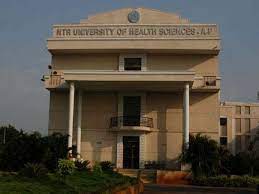
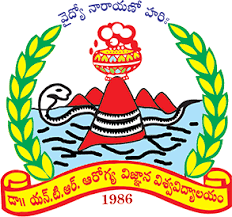
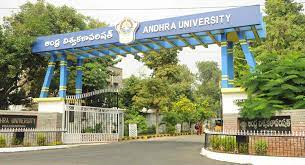
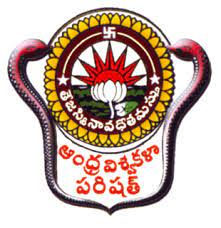
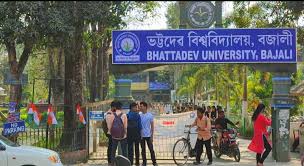
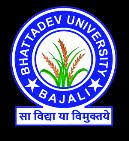
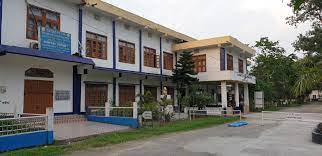
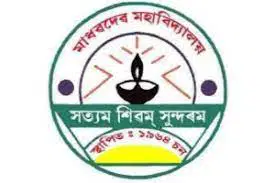
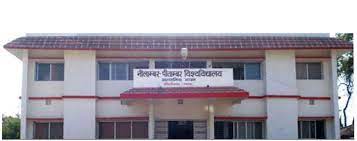
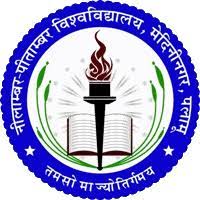
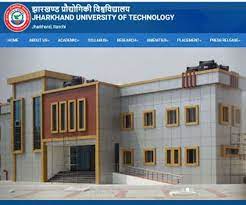
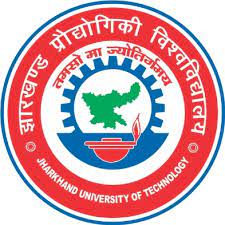
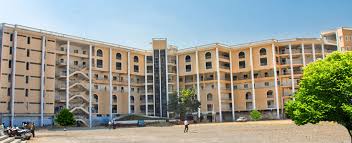
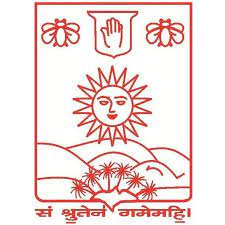
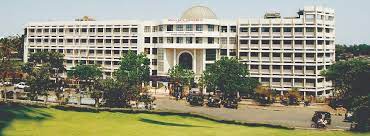
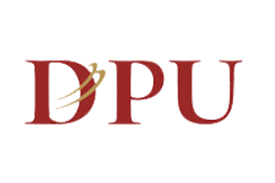
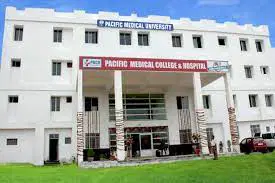
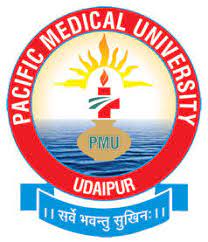
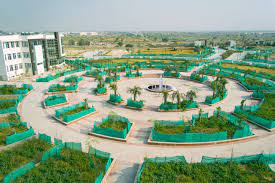
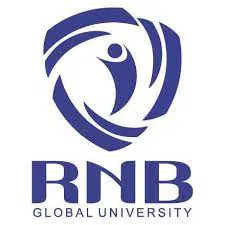
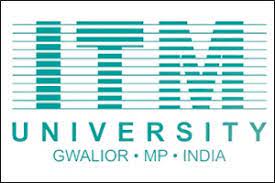
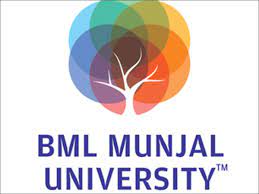
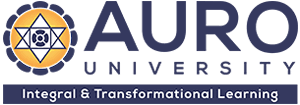
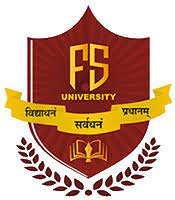
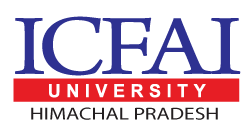

 back
back